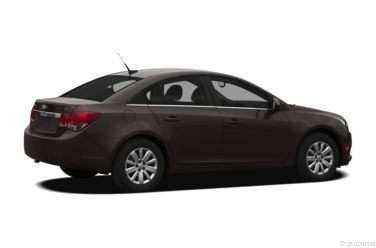Recent Articles
Popular Makes
Body Types
Chevrolet Cruze Diesel Preview
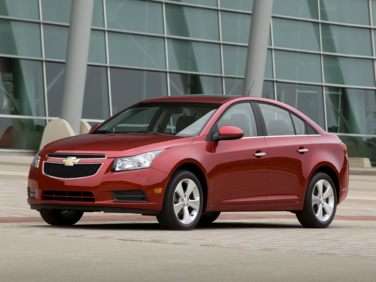
In the next couple of years Chevrolet will add a diesel to the Chevrolet Cruze. While this may seem odd to run a Cruze on the same fuel that powers the largest Silverados, Chevy is making inroads into an emerging market.
The rest of the world utilizes diesel as the fuel of choice for obtaining the best mpgs, but the only ones who have consistently brought diesel cars to the U.S. are the Germans (Volkswagen and Mercedes have stood by diesels for decades.) Now fuel efficient diesels are preparing to break into the mainstream as the domestic brands are gearing up for diesel-sipping lineups. So, before the diesel revolution hits the Chevrolet dealers, we went to Europe for a preview of the diesel Cruze.
Our tester was a Cruze LTZ with a six-speed automatic transmission and a 2.0-liter four-cylinder turbo diesel listed at 161 hp and 266 lb-ft of torque. To put that into perspective, all the current gas-powered Cruzes are listed with 23 less horsepower, and the diesel has more than double the torque of the base LS-model Cruze. This diesel has not yet been confirmed as the one bound for the U.S., but its good figures would make for an interesting selling point. Besides, diesel engines in small cars are more about economy than power. GM is aiming for the automatic transmission diesel Cruze to return low to mid-40s mpg, which trumps even the automatic Cruze Eco's 26/39 city/highway mpg.
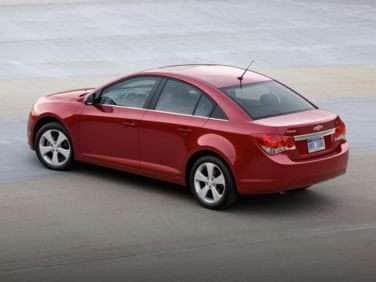
After a week with the car one clear theme has emerged: those who take control will be in charge of the diesel revolution. That means a manual transmission will help drivers get the most out of the engine. In the case of an automatic, like our tester, the manumatic function that allows for selecting the driving gear is more than just a novelty.
The reason why this control is so important is because the turbo does a lot of work in this car. Without a turbocharger, most diesel engines are like donkeys - out paced by horse power, but has plenty of grunt to get up hills that others cannot. The turbo helps give the diesels better acceleration and keep the pace in traffic.
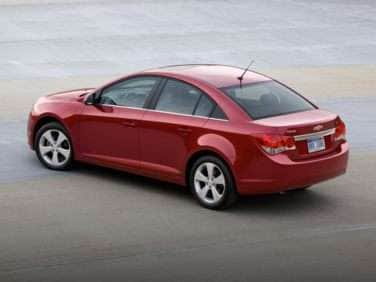
One of the better examples of this is demonstrated while traveling on the highway at about 60 mph. At this pace, the diesel motor is in an economy mode and is not making enough revs for the turbo to instantly deliver passing power. The solution is using the manumatic function to drop down one extra gear and raise the rpm above 1,800. That's when the little diesel really comes to life.
The automatic Cruze diesel we tested is listed by GM at about 37 mpg for mixed use driving. With plenty of urban and highway driving we came close to achieving this figure during our time with the car. To break 40 mpg, we suspect U.S. customers would need to spend most of their time on the interstate. Chevrolet seems to agree as their European figures state that when running on the highway, the Curse diesel is capable of 46 mpg with an automatic transmission and 56 mpg in manual form. This indicates the diesel Cruze's happiest customers will likely be those with long commutes.
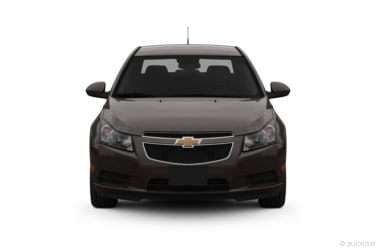
The diesel Cruze is a bold move by Chevrolet. The engine is nothing new, but GM is betting that customers will trust a domestic manufacturer to deliver a quality compact diesel car.
Plus, currently across the U.S., diesel fuel is about $0.62 per gallon more expensive than gasoline. This means that someone who drives 20,000 highway miles per year in a Cruze Eco (averaging 39 mpg and $3.30 per gallon) will now have to average 46 mpg highway across the same distance in the Cruze diesel to break even on the fuel cost.
So, the first batch of economical diesel engines from GM may face an uphill battle in this country. Luckily this Cruze has plenty of torque to handle it.
